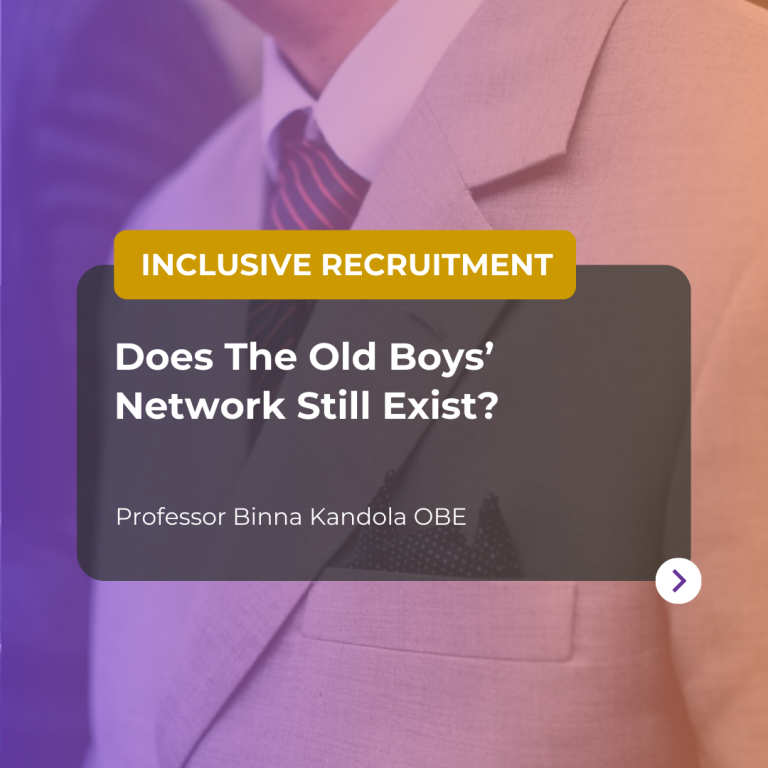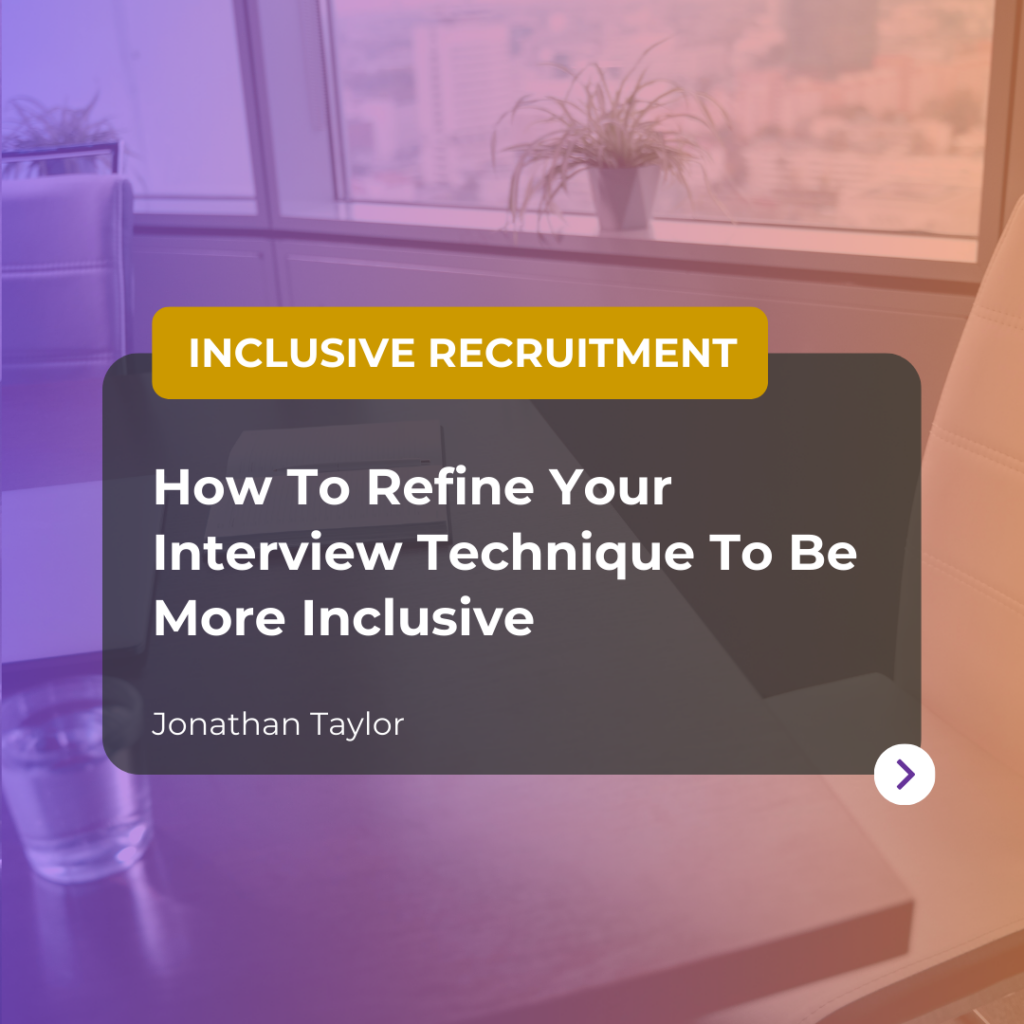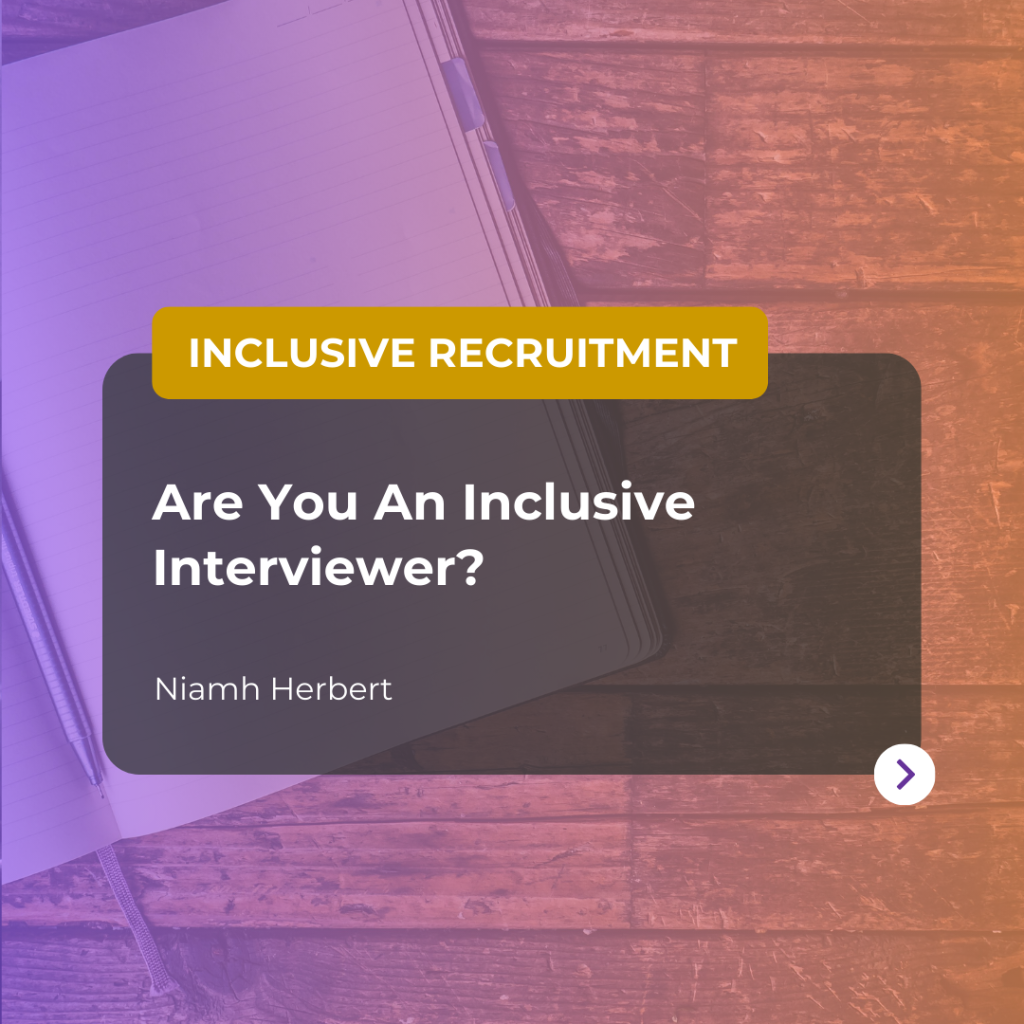It certainly seems archaic that an individual’s family contacts, where they went to school or even their gender could give them access to a network that enables them to achieve positions of influence or seniority.
A study by the London School of Economics though, found in 2017 that alumni from the UK’s nine leading public schools are 94 times more likely to reach the elite than those who attended other schools. This is despite the fact that those schools have traditionally educated fewer than one in 500 (0.15%) pupils aged between 13 and 18.
Likewise, a study by the Equality and Human Rights Commission (EHRC) in 2016 found that nearly a third of the UK’s biggest companies largely rely on personal networks to identify new board members.
It seems, therefore, that these networks are very much alive and well.
Group behaviour
From a psychological point of view, what we’re seeing here is group behaviour. We instinctively gravitate towards people who we perceive as being similar to us, and within the resulting groups, members will see each other as more talented, more capable or as having more potential. They will also see people outside the group as lacking in those qualities.
Within many organisations, there will be a dominant group, which tends to be largely made up of white men. It is usually other white men, therefore, who are welcomed into the group.
There are two problems here. Firstly, people will be chosen for a job or a position of responsibility based on how well connected they are, as opposed to on their skills and experience. The second problem is that in the majority of instances, as a result of this group behaviour, it will be white men who are selected for the plum roles.
We can see the effects of this theory in the stark shortage of women at board level. One study found that in 2018, women made up just 22% of Fortune 500 board members and 5% of CEOs.
What can we do to change the status quo?
Some organisations have attempted to combat the notion of an Old Boys’ Network by setting up exclusive networking groups for women. On one level, such groups serve a valuable purpose: the group members can support one another and there is a place where some sensitive topics can be discussed. The importance of this should not be under-estimated.
However, on another level, this approach entirely misses the point, as it encourages members of the outgroup to meet and network with each other, rather than with members of the dominant group. They may strengthen their personal connections, but they are no closer to breaking into the dominant group.
We need to take an honest, frank look at the group behaviour that is taking place within our own organisations.
Consider parliament, for example. It’s easy to switch on the television or pick up a newspaper, look at the front benches of the House of Commons and declare that there is clear evidence of group behaviour. It’s more difficult to look within our own organisations – even at our own interactions with our colleagues – and identify the same tell-tale signs.
One method that we use to expose these kinds of groups is to ask everyone within a team to answer two simple questions; who they contact the most and who they value the most. The results of this test are often shocking for the participants, quickly revealing that even within a smaller team, ingroups and outgroups can form very easily. So, while we are becoming less tolerant as a society of archaic traditions such as the Old Boys’ Network, the truth is that they are still very much alive.
Does this extend to women?
Because women tend to have less success joining the dominant group within their own organisations, they will form stronger connections in various outgroups. As a result, when women move on to a new organisation, they are able to build on existing connections and strengthen their position. Men, meanwhile, become so invested in their resident ingroup that when they leave an organisation, they can struggle to establish themselves because they lack that extended network.
Taking a look at a BBC shortlist of the 28 most influential people of the 20th century, in which 12 of the 28 chosen figures are female, it seems we’re getting somewhere. It’s clear, however, that the battle for equality continues. We need to ensure we continue on a path where the spotlight is being shone on the gender imbalance and that archaic traditions like this are eradicated once and for all.








